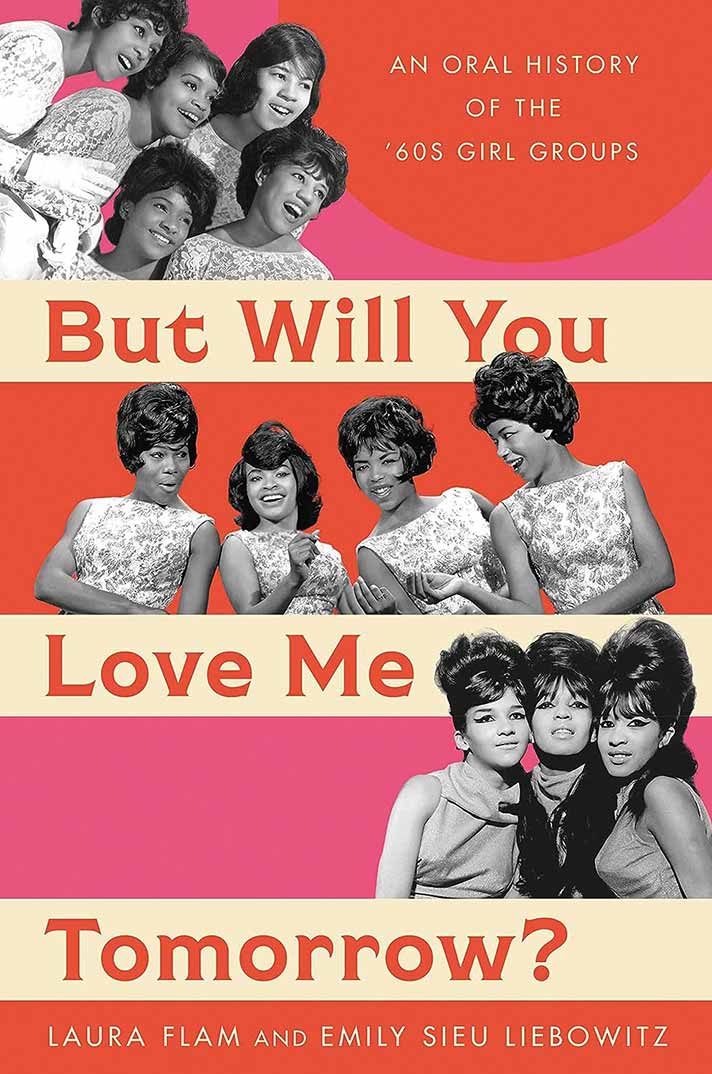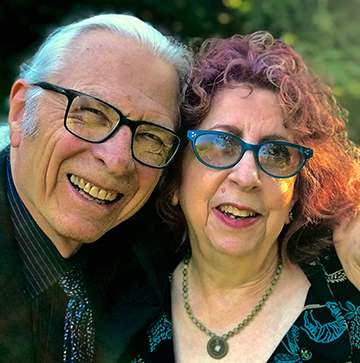The Unfettered Critic – November 2023
“This is dedicated… to the one I love…”
Or, more accurately, the ONES WE love. We’re thinking about “the girl groups,” teenage vocalists that had as much to do with the birth of Rock ‘n’ Roll as Elvis Presley, or as the Sears catalog’s guitar page.
You know of whom we speak. Try glancing at these lyrics and not hearing the melodies simultaneously light up your hippocampus:
“I met him on a Sunday and he
caught my eye…”; or…
“Tonight you’re mine, completely….”
See? The songs are embedded in our memories. Yet sadly, many of us don’t recall much about the singers themselves. We’d never mistake Mick Jagger as a Beatle, or Paul McCartney as a Zombie, so why don’t we recall that Nedra Talley-Ross was (and still is) a Ronette, or that Dee Dee Kenniegrew was (still is, also) a Crystal? Some of us may recall the more well-known Darlene Love, but how many of us can state for sure whether she originally sang with the Cookies, or with the Blossoms?
It’s a shame, right? Well, lucky for us, we’ve been presented with a fascinating book that will make our communal hippocampi glow.
But Will You Love Me Tomorrow? is newly-published history of the 1950s and ‘60s girl groups. By conducting new interviews with still-living participants, and mining interviews from those who have left us, authors Laura Flam and Emily Sieu Liebowitz have assembled a long-overdue documentation that is fun and fascinating, while simultaneously heart-warming and infuriating.
You can guess some of the story: the girls were exploited while their producers and managers got rich; the majority of the girls were Black, which made the first part of this formula easier—especially since they also were young and poorly educated, from working class homes. Nevertheless, it’s stories of the individual girls, ranging from ages twelve (yes, 12) to (mostly under) eighteen, that we needed to hear.
The era began in early 1957, when five Glee Club members from Spanish Harlem wrote a song about their favorite teacher, “Mr. Lee.” A producer arranged for them to record it. He named the girls The Bobbettes, released the record, and it was a runaway hit before even the singers knew. “I was going to tell my friends about the record, but they already knew about it (from radio plays),” says soprano Emma Pought. “I graduated on a Friday; the next Friday we were in the Apollo Theater. That’s how fast it went.”
By the end of 1957, something was in the air—and the airplay. “In Yorkville Vocational School (NYC), there were 999 groups,” says Barbara English of the Clickettes (“A Lover’s Prayer”). “We’d sing in the hallways, these beautiful harmonies.” Those harmonies quickly became the soundtrack of our lives: The Crystals (“He’s a Rebel”); The Ronettes (“Be My Baby”), The Chiffons (“One Fine Day”), The Shirelles (“Will You Love Me Tomorrow”). (List your favorites here.)
Meanwhile, the genre spread nationwide, with Detroit’s Motown Records producing The Supremes, The Marvelettes, The Vandellas. And in Los Angeles, when producer Phil Spector secretly released singles recorded by one group under the names of other groups (they’re all interchangeable, right?) was there anger? The facts are journalistic revelations, as entertaining as the music itself.
The authors of But Will You Love Me Tomorrow? bring us up to date with the singers’ fates. Some died young; some are still among us. Some are doing “oldies” shows. Some went back to earn their high school GEDs and become secretaries, or nursing assistants.
Very few got rich. Or even paid.
But wow, did they leave a legacy.

 Paula and Terry identify as writers, with an ever-increasing number of published works to support the supposition. They live a primarily pastoral life in the enchanted town of Jacksonville.
Paula and Terry identify as writers, with an ever-increasing number of published works to support the supposition. They live a primarily pastoral life in the enchanted town of Jacksonville.